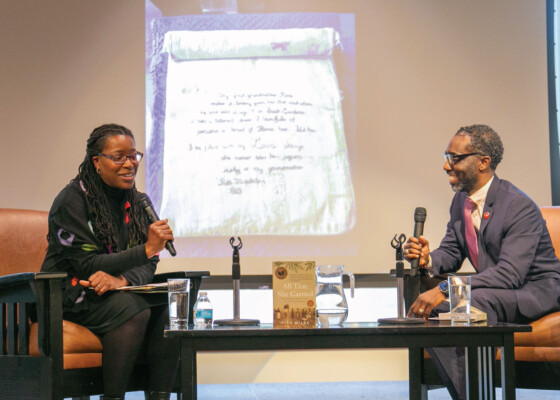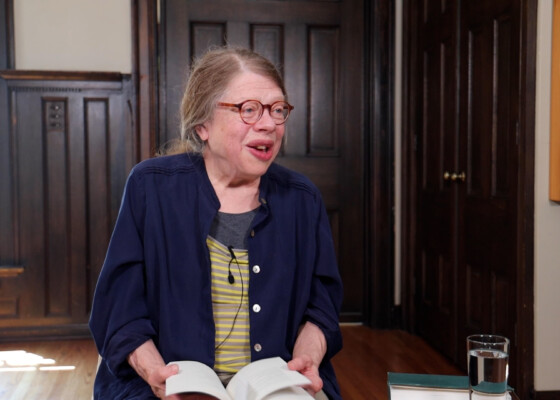How Salem Uses Its Railroad History to Make Tracks to the Future
October 15, 2019Frustrated by slogging through muddy trails to transport goods by horse-drawn wagons in the 1840s, frontier businessmen in this town about 35 miles north of Louisville, Ky., decided there had…
Frustrated by slogging through muddy trails to transport goods by horse-drawn wagons in the 1840s, frontier businessmen in this town about 35 miles north of Louisville, Ky., decided there had to be a better way.
They found it in the steaming locomotives that were clearing a path for commerce in other parts of the country, and they joined forces with like-minded citizens on the Indiana side of the Ohio River to form the New Albany & Salem Railroad. The rail line would later become the famed Monon and stretch all the way to Michigan City.
Salem, the Washington County seat with about 6,200 residents, still celebrates its history as a rail hub. But its leaders hope you’ll find many other reasons to make tracks to their town these days: its beautiful historic homes and bucolic tree-lined streets; its easy commute to Louisville; and the prospect of game-changing high-speed internet for business startups and telecommuters.
The town’s past and future will be explored when the Smithsonian-curated exhibit Crossroads: Change in Rural America opens Oct. 26 for a six-week stay at The Depot, a replica of the railway station that served Salem for 70 years and is now a railroad museum and community gathering place.
“I want to blow the doors off the place and get as many people as possible in here to see what the town has to offer,” said Stephanie Vines, site manager for The Depot. “And I want the people in the county to know that their history and their stories are important.”
Salem is the second stop on a six-town Indiana Crossroads tour organized by Indiana Humanities as a component of its INseparable initiative.
Crossroads is part of the Museum on Main Street program, a division of the Smithsonian that brings high-quality exhibits and resources to rural communities. The exhibit’s purpose is to allow small towns a chance to explore how they have adapted, identify what makes them uniquely appealing and spark discussions about the future.
As part of the local component of the exhibit, the Washington County Historical Society has been gathering oral histories from area citizens with the help of Indiana University students. The audio recordings and transcripts will become part of the historical society’s archives.
“I used to know lots of people who were World War veterans and now not many of them are still around and we need to collect and preserve their stories,” Vines said. “Everyone has a story, and I want folks to share them.”
The Depot also will host Friday Family Fun Nights and other activities throughout the exhibit’s run. Events will include quilt block and ornament making as well as a performance by a string dulcimer group.
Among the highlights will be a presentation by rural economist Chuck Fluharty at 6 p.m. Oct. 24 at Salem High School. As president and CEO of the Rural Policy Research Institute at the University of Iowa, Fluharty is considered an expert in analyzing how public policy impacts rural communities.
The Depot is part of a large complex of museums and historic sites in Salem and includes the birthplace of John C. Hay, who was the personal secretary to Abraham Lincoln and served as U.S. Secretary of State under Presidents William McKinley and Theodore Roosevelt.
An entertaining aside for children and train buffs is The Depot’s permanent collection of model trains that chug through tiny re-creations of the small towns of Salem, Pekin and Campbellsburg as they appeared in the 1950s and 1960s.
The large display shows how the inventiveness of a few citizens more than 150 years changed the entire landscape of the county and holds out the promise of innovations that could make it happen again.
-Greg Weaver
The Depot Railroad Museum
206 S College Ave, Salem, IN 47167
Saturday, October 26 – Thursday, December 5
Hours
Mon. – Closed
Tues.-Thurs. – 1:00-5:00pm
Fri. – 1:00-9:00pm
Sat. – 12:00-5:00 pm
Sun. – 1:00-5:00 pm


